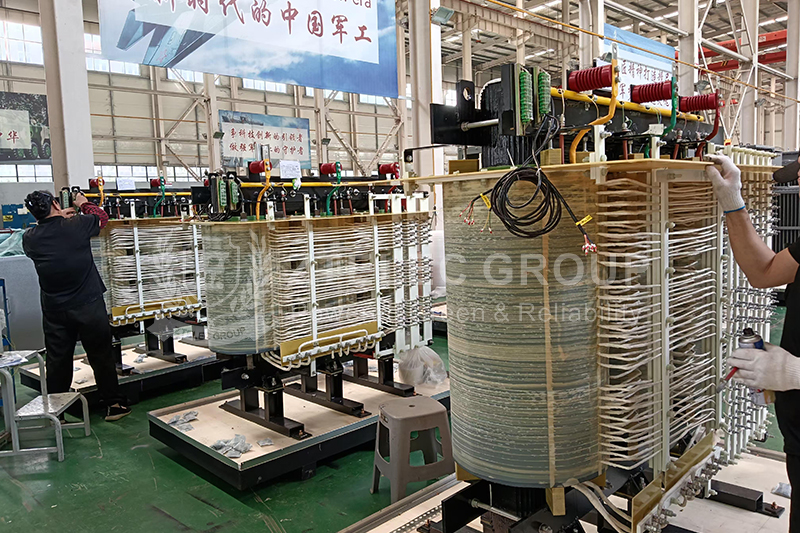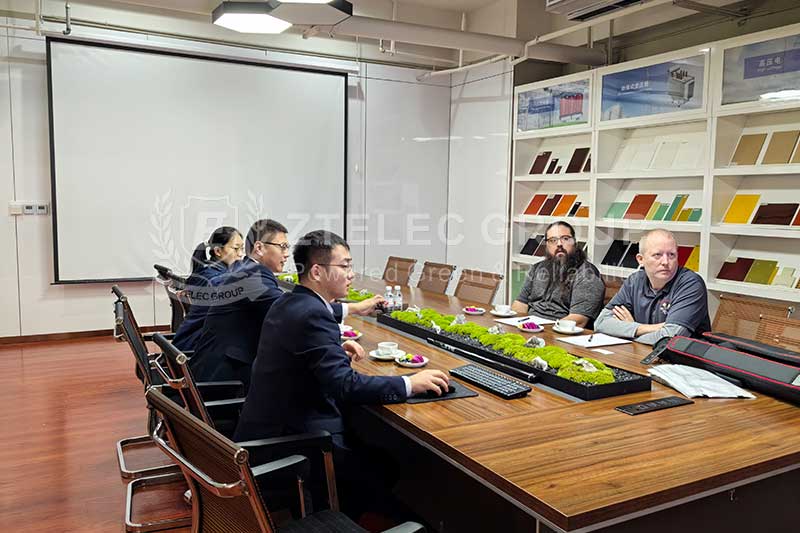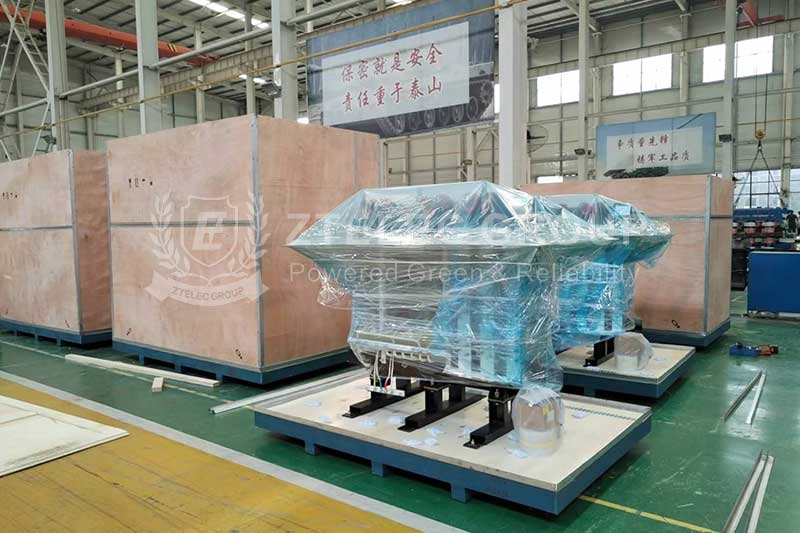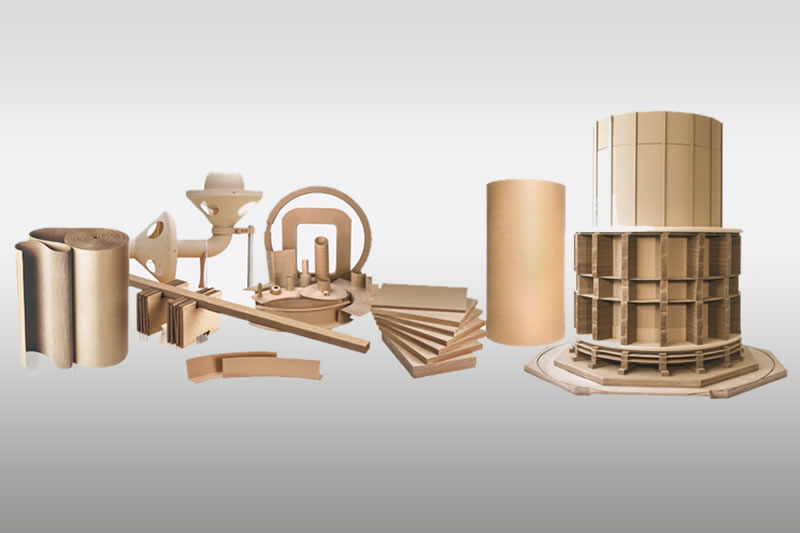The Role of Insulators in Power Systems
Insulators are an indispensable and important component of power systems, playing a crucial role in ensuring the safe, stable, and efficient operation of the electrical network. The primary function of insulators is to isolate electrical lines and equipment from the ground or other conductive bodies, preventing leakage, short circuits, and other electrical failures. This article will delve into the functions of insulators, including their basic roles, application areas, influencing factors, and future development trends.
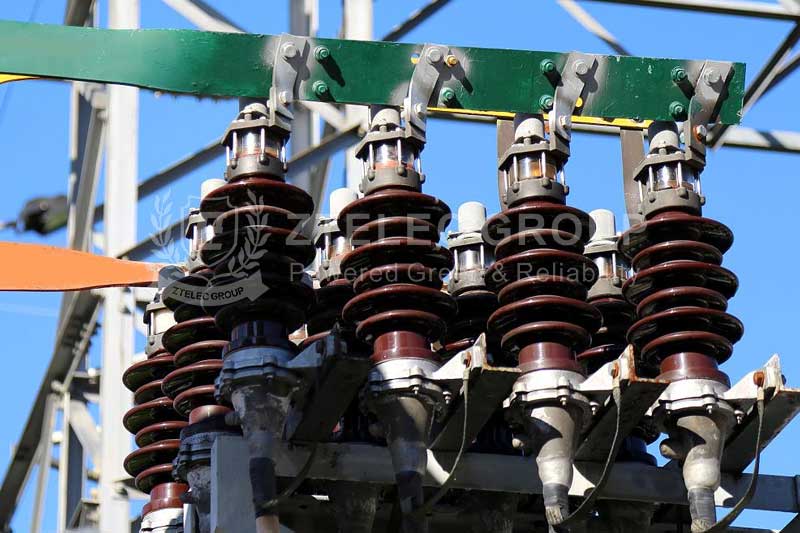
Basic Functions of Insulators in Transformers
Insulators primarily utilize the properties of electrical insulating materials to impede the flow of current along undesired paths, thereby protecting equipment and personnel. The significant functions of insulators in power systems can be summarized as follows:
1. Isolation Function: Insulators play a vital role in transmission lines by providing essential isolation, separating conductors from supporting structures (such as towers and poles), ensuring that current flows along designated paths to avoid damage to equipment and the risk of electric shock to personnel.
2. Support Function: Insulators are responsible for supporting conductors in transmission lines, maintaining them at a specified height and tension to ensure the stability and reliability of the lines. The strength and rigidity of insulators directly affect the power system's ability to withstand wind and seismic forces.
3. Protection Function: Insulators can, to some extent, resist external environmental influences such as rain, snow, and pollution. By selecting appropriate insulating materials and designs, the pollution resistance, moisture resistance, and aging resistance of insulators can be enhanced, thereby extending their service life.
Application Areas of Insulators
Insulators are widely used in power systems, covering all aspects from power generation and transmission to distribution. Their main application areas include:
1. High-Voltage Transmission: In high-voltage transmission lines, insulators are typically made from ceramic or composite materials to withstand the immense electric field strength associated with high voltages. Additionally, the design of insulators must consider environmental factors to reduce the risk of breakdown due to pollution.
2. Substations: Insulators used in substations are responsible for isolating and supporting transformers, switching devices, and other high-voltage interfaces, ensuring stable operation of the equipment. Different types of insulators (such as pin-type insulators and suspension insulators) are selected according to the specific requirements of the equipment.
3. Distribution Networks: In distribution networks, insulators support lower voltage conductors and provide necessary insulation protection for equipment. The performance of insulators in distribution networks is often influenced by environmental conditions, making material selection and protective measures particularly important.
Factors Affecting Insulator Performance
The performance of insulators is influenced by various factors that directly determine their effectiveness and safety.
1. Material Selection: The type of material used for insulators directly impacts their insulating performance, mechanical strength, and weather resistance. While ceramic insulators have poor conductivity, they are relatively brittle; composite insulators enhance impact resistance while also improving pollution resistance. Choosing suitable materials for different environmental conditions is crucial.
2. Environmental Conditions: Insulators exhibit varying performance under different climatic conditions; factors such as humidity, temperature, and pollution levels can affect their performance. Therefore, when designing insulators, it is essential to consider their working environment thoroughly.
3. Aging and Degradation: Over time, insulating materials may degrade due to aging, leading to a decline in insulating performance. Regular maintenance and testing are important measures to ensure the normal operation of insulators.
Future Development Trends of Insulators
With the continuous advancement of power technology, the field of insulators faces new challenges and opportunities. Future development trends can be summarized as follows:
1. Development of New Materials: Research into new high-performance insulating materials will become a focus to enhance insulators' resistance to high temperatures, corrosion, and pollution. Particularly in extreme weather and special environments, the application of new materials will provide better protection for insulators.
2. Intelligent Monitoring: With the development of Internet of Things (IoT) technology, intelligent insulator monitoring systems will gradually be applied in power systems. Real-time monitoring of insulator performance through sensors can help detect potential failures promptly, reducing the risk of power outages due to faults.
3. Recycling and Environmental Protection: In the context of sustainable development, the recycling and environmentally friendly design of insulators will receive increased attention. Research and development of recyclable insulating materials will help reduce resource consumption and contribute to environmental protection.
Insulators play a critical and irreplaceable role in power systems, with their basic functions, application areas, and factors affecting performance serving as vital safeguards for the safe operation of electricity. In light of future development trends, insulator technology will continue to innovate to meet higher safety standards and environmental requirements. Through in-depth research and exploration of insulators, a more solid foundation will be provided for the stability and safe operation of power systems.
- more+releated article
- 2025-12-13G10 and FR4 Epoxy Boards: Commonly Used for Ge
- 2025-12-13Comparison of Heat-Resistant DDP Insulating Pa
- 2025-12-12Price of a 1600kVA 10kV Cast Resin Dry-Type Tr
- 2025-12-12How to Choose Epoxy Laminate Materials for Gen
- 2025-12-11Protection Configuration Principles for 35kV D
- 2025-12-11The Price of Heat-Resistant DDP Insulation Pap
- 2025-12-10Application Prospects of 10kV/35kV Oil-Immerse
- 2025-12-09How to Reduce the Maintenance Cost of Oil-Imme
- 2025-12-09How to Choose the Best 110 kV Oil-Immersed Pow
- 2025-12-08Heat-Resistant DDP Insulation Paper

